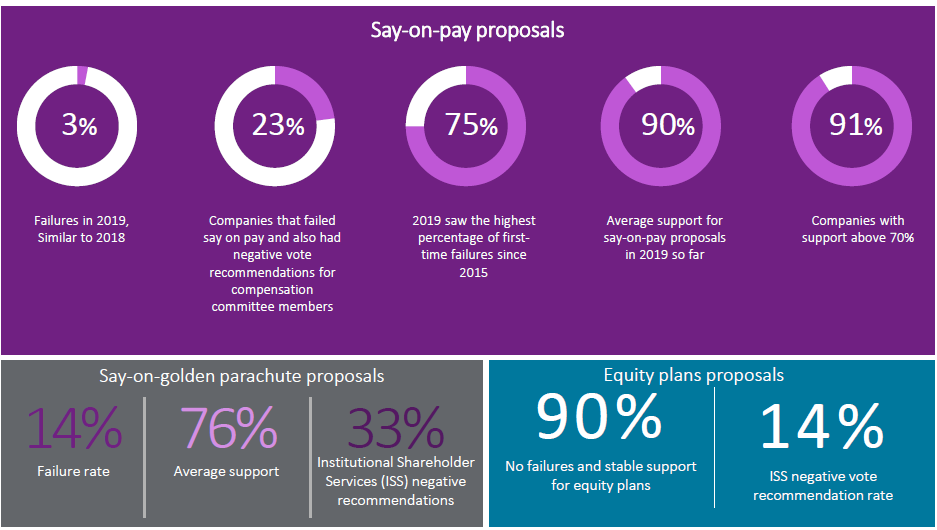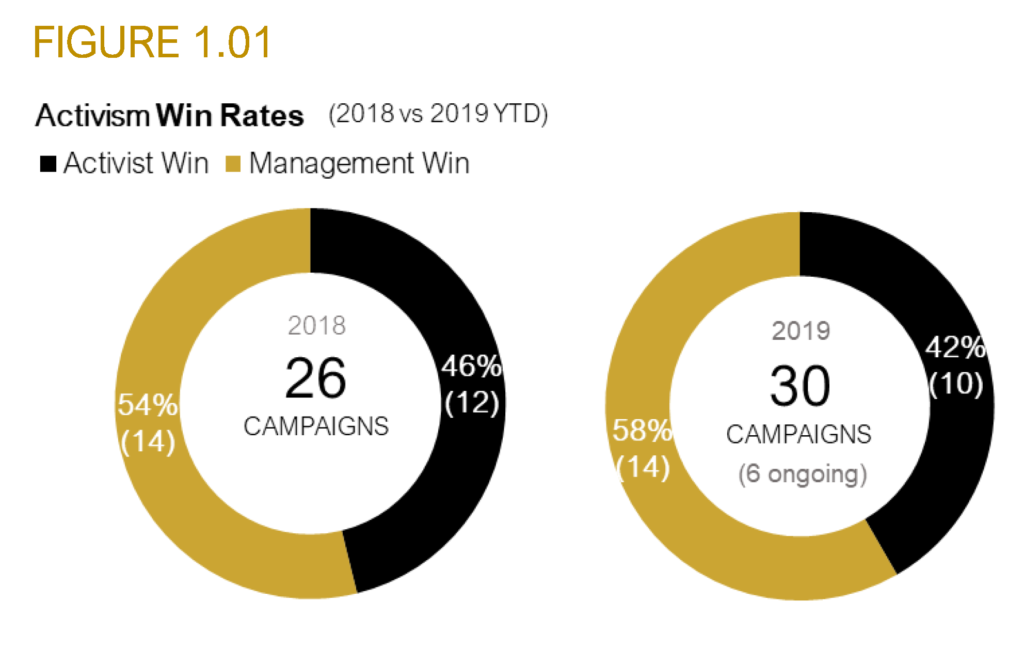Leo E. Strine, Jr. is Chief Justice of the Delaware Supreme Court, the Austin Wakeman Scott Lecturer on Law and a Senior Fellow of the Harvard Law School Program on Corporate Governance. This post is based on Chief Justice Strine’s recent paper.
I recently placed on SSRN a new paper, Toward Fair and Sustainable Capitalism: A Comprehensive Proposal to Help American Workers, Restore Fair Gainsharing Between Employees and Shareholders, and Increase American Competitiveness by Reorienting Our Corporate Governance System Toward Sustainable Long-Term Growth and Encouraging Investments in America’s Future. The Financial Times published earlier this week an op-ed in which I provide an overview of the proposal put forward in this new paper, which was prepared in connection with this week’s A New Deal For This New Century: Making Our Economy Work For All conference in Washington, D.C.
To promote fair and sustainable capitalism and help business and labor work together to build an American economy that works for all, this paper presents a comprehensive proposal to reform the American corporate governance system by aligning the incentives of those who control large U.S. corporations with the interests of working Americans who must put their hard-earned savings in mutual funds in their 401(k) and 529 plans. The proposal would achieve this through a series of measured, coherent changes to current laws and regulations, including:

